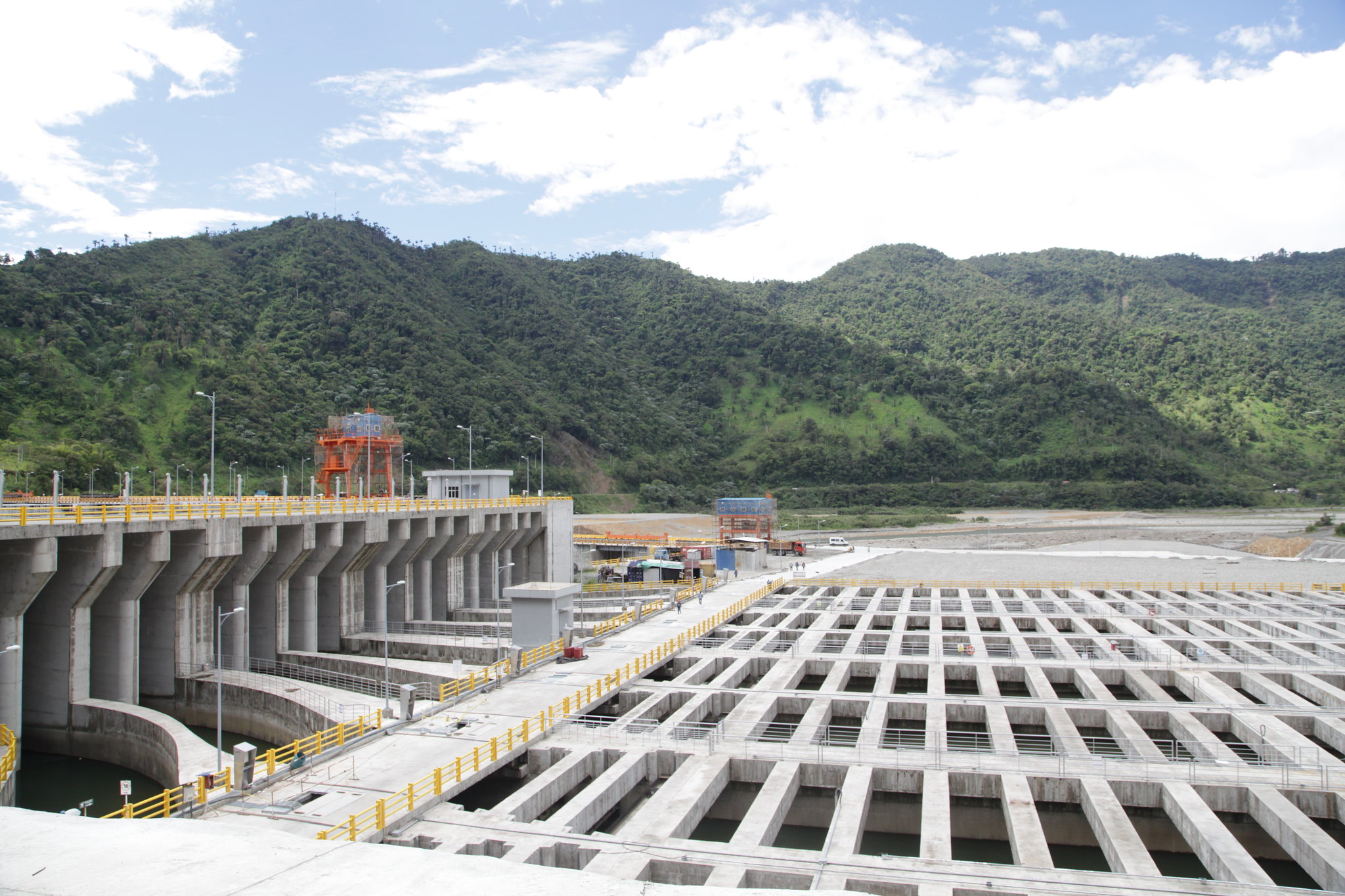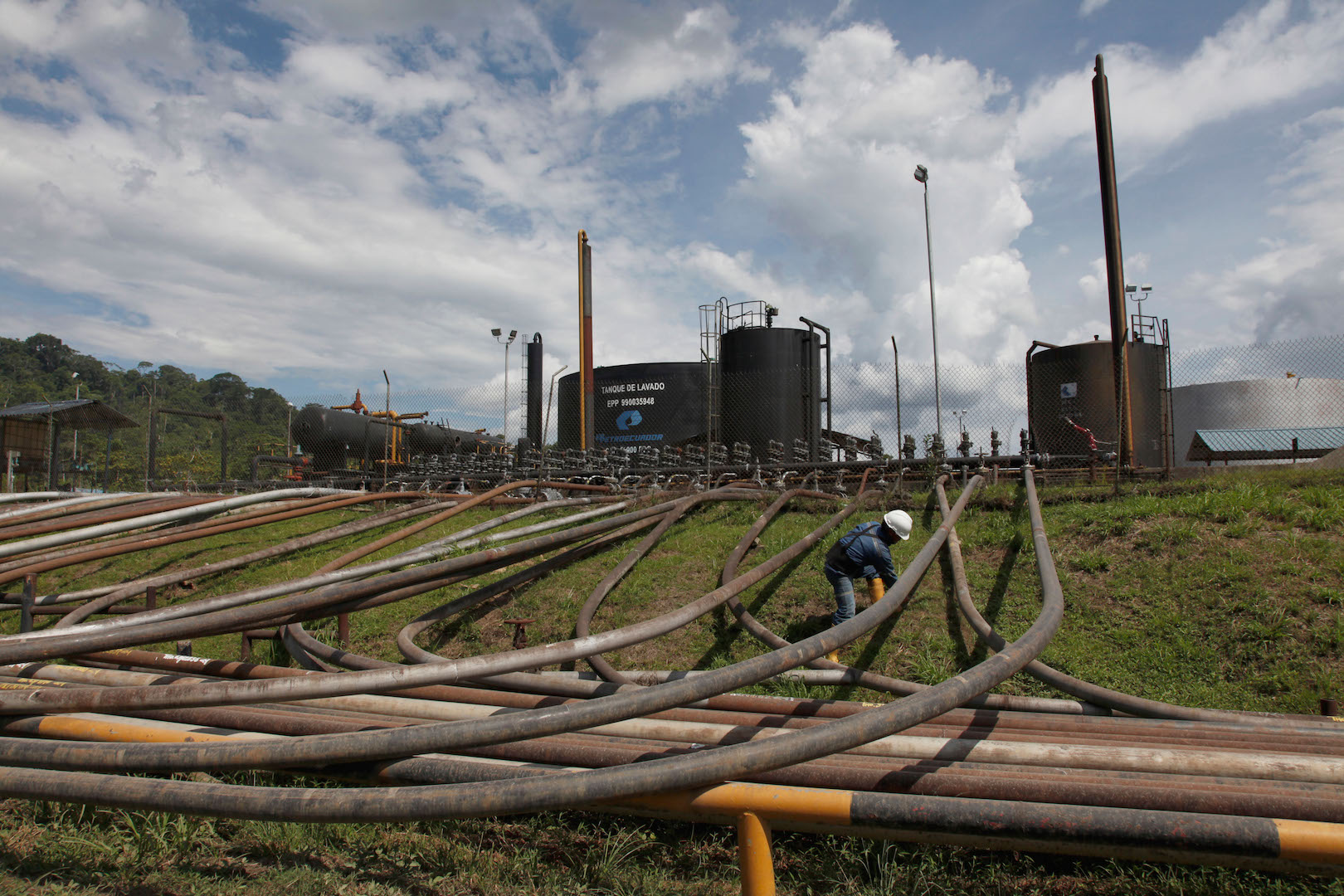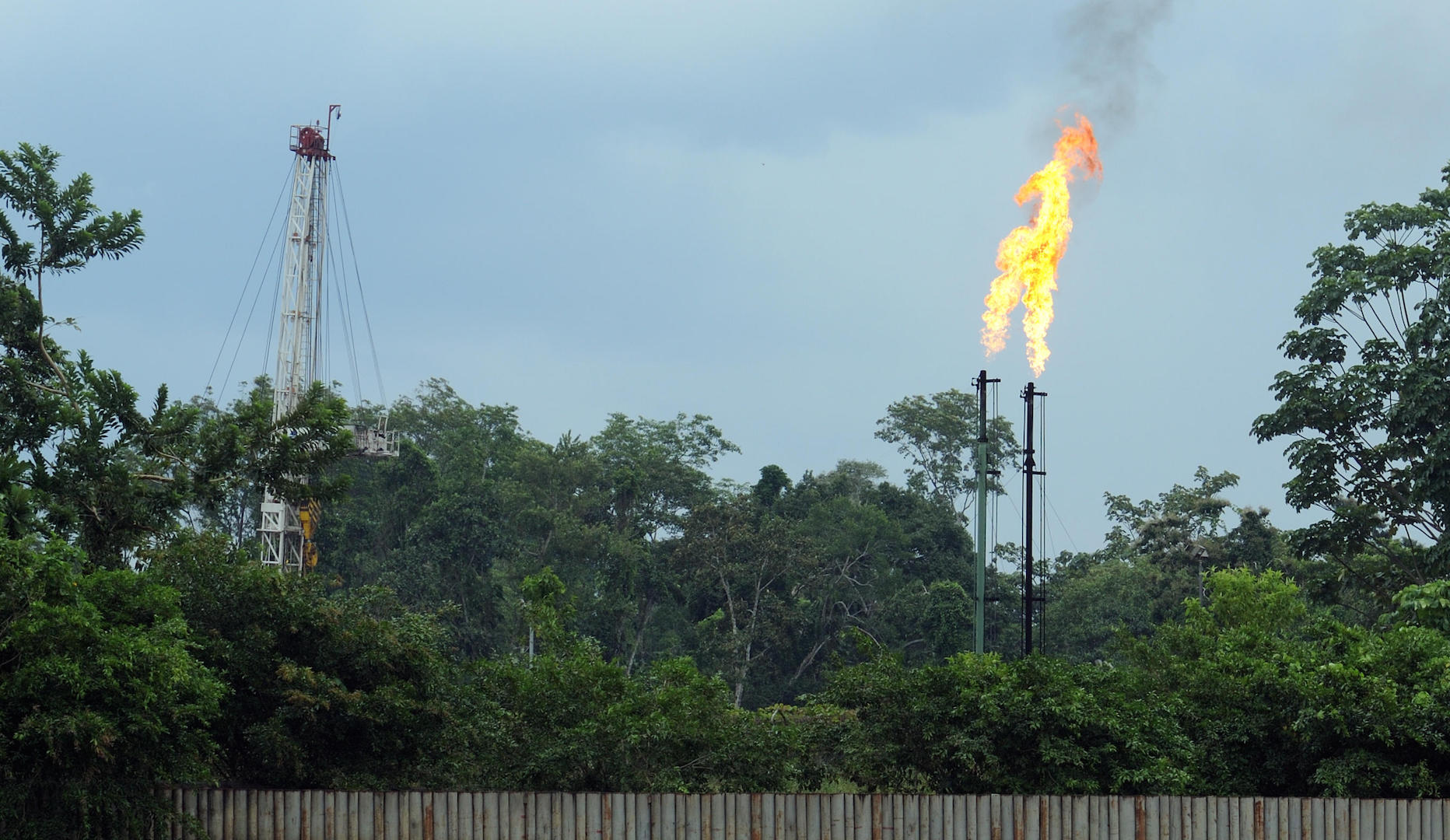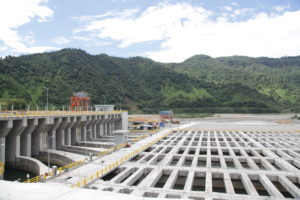Canadian companies have the greatest share of foreign investment in Amazon energy and mining projects while companies headquartered in China control scarcely 10% across the hydropower and extractives sectors, according to new data published by US think-tank the Inter-American Dialogue.
“I don’t think anyone knew exactly how active Canada was in the Amazon,” said Lisa Viscidi, director of the Dialogue’s energy, climate change and extractive industries programme, adding that the lower level of Chinese participation was surprising.
The collection of data on hydroelectric, oil and gas, and mining in the Amazon aims to identify the companies and banks with projects in a vital ecosystem. The Amazon serves as a critical carbon sink and home to several million species of plants and animals, and Indigenous groups, according to the report Energy and Mining in the Amazon.
Throughout South America, 197 Canadian mining companies own or operate an estimated US$8 billion worth of projects. In an area the report defines as the “biogeogroaphic Amazon” – the cradle of its biodiversity that extends beyond legal-political boundaries – they control equity shares equivalent to 47 whole projects, the data shows.
30
oil blocks in the Amazon are controlled by companies headquartered in Canada
At 30, Canadian companies also control the highest number of Amazonian oil blocks of any foreign entity and 24 lie in the Colombian Amazon.
The majority of publicly traded mining companies with projects in Latin America float shares on the Toronto Stock Exchange, which has the greatest number of listed oil and mining companies in the world.
As well as the nationalities of investors, the research collects data on the operational status of projects in sectors with high endemic social and environmental risks, as well as whether they are new, or if participation is through a merger or acquisition. It also records if project owners and operators are state-owned enterprises (SOEs) or private companies.
SOEs, both domestic and foreign, dominate energy and mining projects in the countries of the world’s largest tropical watershed, the research found. The former invest mostly in oil and gas, the latter in mining.
China and the Amazon: long-term energy interests
At just under 10%, China has the largest share of any foreign investor in Amazon hydropower projects.
Major projects include Ecuador’s troubled Coca-codo Sinclair plant and Brazil’s controversial Belo Monte dam. Yet its major interests in South American oil and gas lie elsewhere.

According to Viscidi, this is largely because China’s energy security concerns necessitate the control of large, proven oil reserves that are generally found offshore. Oil fields in the Amazon basin tend to have lower production levels and attract interest from smaller companies, she said.
The exception is the Ishpingo-Tambococha-Tiputini (ITT) field in Ecuador’s mega-biodiverse Yasuní national park.
Yasuní was the subject of a controversial, failed attempt by former President Rafael Correa to attract international donations in exchange for keeping its oil in the ground. The park is also home to uncontacted tribal peoples.
It’s the citizens of that country that are the most important shareholders
Andes Petroleum, a China Petrochemical Corporation (SINOPEC) and China National Petroleum Corporation joint venture, have invested in three blocks in the park, according to the database. Among the blocks that affiliate company PetroOriental SA operates is block number 14 (known as Nantu).
Indigenous Waorani recently sued Petro Oriental SA, arguing that the impact of the high emissions practices of burning gas bi-products known as flaring and venting during oil extraction in block 14 violated their human rights. The process also contravened the rights of nature, which are enshrined in 2008 amendments to Ecuador’s constitution, they argued.
China faces pressure in the Amazon over environmental standards
Disputes with Ecuador’s Amazon communities have lent to the perception that Chinese companies have lower environmental standards than other international entities operating overseas.
However, a 2017 study led by Boston University found no evidence that Chinese companies’ perform any better or worse than other nationalities with projects in Latin America. Although, the Dialogue report says, Chinese companies’ record varies depending “on the host countries’ own requirements”, and deals involving these companies are more opaque.
“When there’s a Chinese project there’s a lot more attention,” Viscidi said, explaining that this can stem from a perception that Chinese companies apply lower socio-environmental safeguards and are less averse to environmental, social or governance risks.
Big international companies stay away
With some exceptions, international energy and mining companies have largely stayed away from operations in the Amazon. As well as the difficulties in accessing resources in remote locations, they can face pressure from shareholders to demonstrate that they meet the highest environmental, social and governance (ESG) standards.
Project lenders have also come under scrutiny. In the past, multilateral banks such as the World Bank, CAF (Latin America Development Bank) and the Inter-American Development Bank have provided the long-term finance for Amazon countries’ hydropower and mining development. Yet they issued only two loans since 2015, the Dialogue’s research noted.
As well as the long payback period, Amazon hydro projects are associated with severe social and environmental impacts, including the resettlement of indigenous peoples, altering the course of rivers, their species and the populations that depend on them.
Large-scale deforestation is often a consequence of the creation of reservoirs, releasing the carbon stored in trees into the atmosphere.
However, the withdrawal by state-owned and multilateral banks and companies could serve to lessen their capacity to monitor projects and open the door for lenders with lower standards, the report argued.
For Viscidi, there needs to be more public awareness and pressure on state-owned enterprises on environmental issues generally. She noted that state utilities and oil companies are responsible for a significant share of countries’ carbon emissions and will play a key role in the energy transition.
“It’s the citizens of that country that are the most important shareholders. It has to come from general public pressure and it will only come if there is good information and awareness.”





